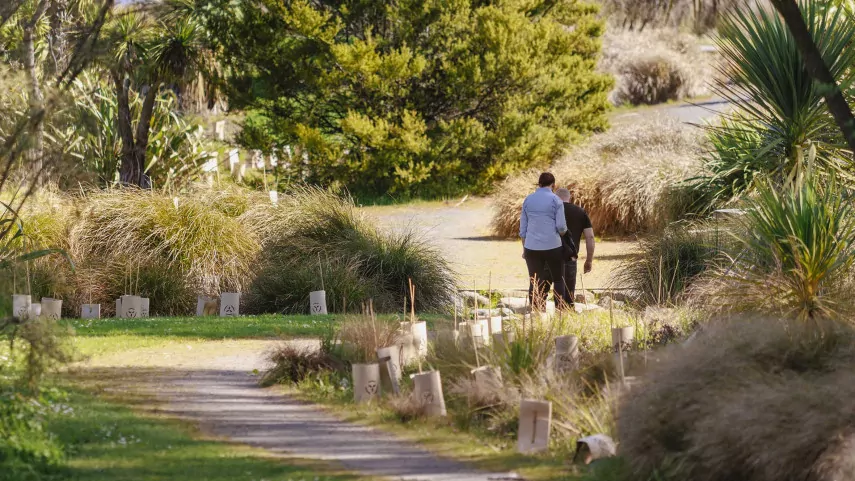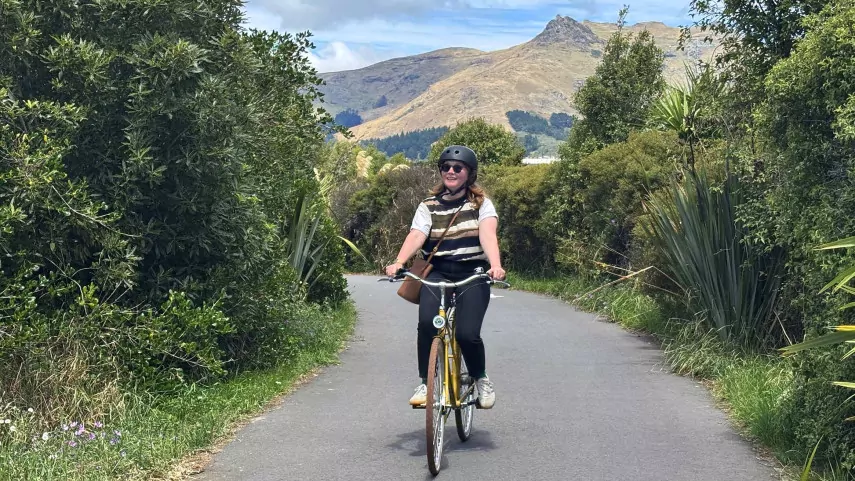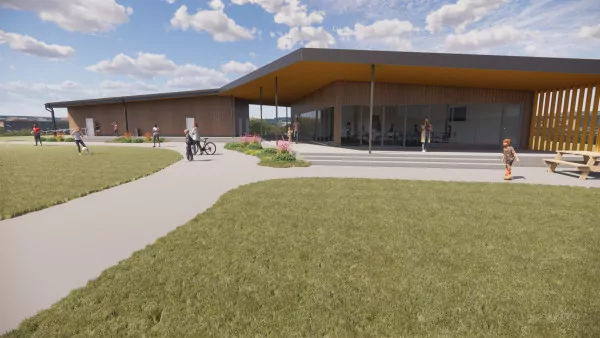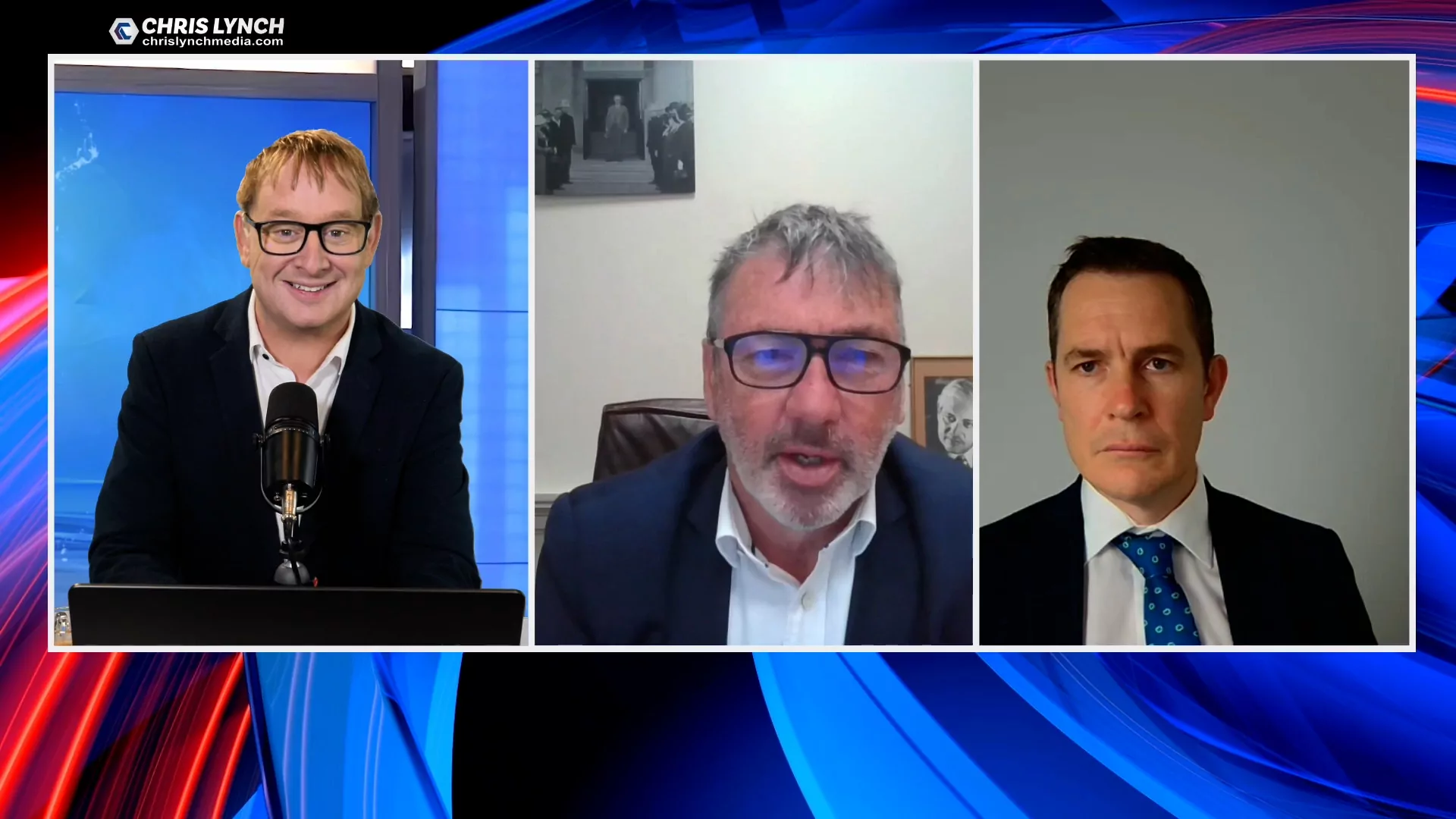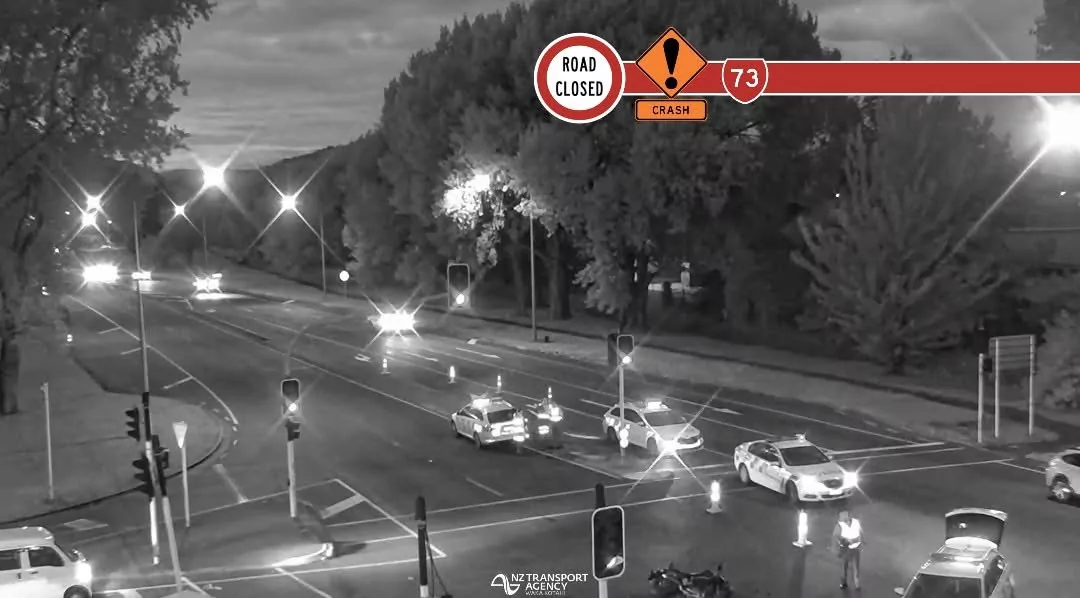OPINION: It’s a striking twist to see the political left wrestle with the very system they’ve long supported.
Co-governance has been a concept they’ve championed—until, it seems, it no longer serves their interests.
Now, as unelected influence begins to take shape in Christchurch, those who once cheered it on are suddenly finding themselves on the outside.
The latest controversy surrounding the Ōtākaro Avon River Network Committee is a clear example.
During Lianne Dalziel’s time as Christchurch’s mayor, some decision-making responsibilities were effectively handed over to local iwi.
This is why many new public buildings now carry Māori names—though, for the record, I don’t find this an issue. In fact, some of the names are quite fitting.
Still, I imagine there’s quiet frustration within council circles that the Court Theatre has been allowed to keep its name. But that’s beside the point.
Now, some of the very people who advocated for co-governance are feeling the weight of exclusion.
Community members who dedicated years to supporting the Red Zone and grassroots efforts are understandably upset after being shut out of the new committee tasked with managing the Ōtākaro Avon River Corridor.
Here’s how it unfolded: The council approved an interim governance model for the red zone land, based on a proposal from the ŌARC co-governance establishment committee—co-chaired by former mayor Dalziel and Dr Te Maire Tau.
Council staff recommended a structure of three representatives from Ngāi Tūāhuriri and three council members—the mayor, the deputy mayor, and a councillor representing the red zone area.
That was my impression from what could only be described as a disorganised council meeting. It didn’t seem like the staff member presenting the report had a solid grasp of the details either.
Several community voices opposed the structure, arguing that someone with deep local knowledge and historical ties to the land should be included. It’s a fair argument.
However, the council narrowly voted down the idea by an 8-9 margin.
To their credit, Cr Celeste Donovan, supported by Cr Sara Templeton, advocated for a community representative. Templeton, in particular, worked hard to clarify the confusion surrounding the issue.
But their efforts were ultimately unsuccessful. Tau, who co-chaired the establishment group, has reportedly dismissed these concerns.
And before simple minds cry “racist,” let me be clear—I’ve met representatives of Ngāi Tūāhuriri. They’re good people, skilled communicators, and bring genuine mana to many important ceremonies in Christchurch.
But here’s where the irony really bites: the so-called staff recommendation for the Ōtākaro Avon River Network Committee means that unelected local iwi representatives are insisting on working exclusively with elected council members. It’s a paradox that’s hard to ignore.
It wouldn’t be surprising if some of those now voicing frustration over unelected power were among the first to support unelected representation on Environment Canterbury.
As Willie Jackson said, New Zealand is heading towards a “new democracy.” This is what it looks like in practice.
Unelected influence is on the rise, and everyday New Zealanders—particularly those who have dedicated years to supporting their communities—are being left without a voice.
It’s a tough reality, but one they helped create.
